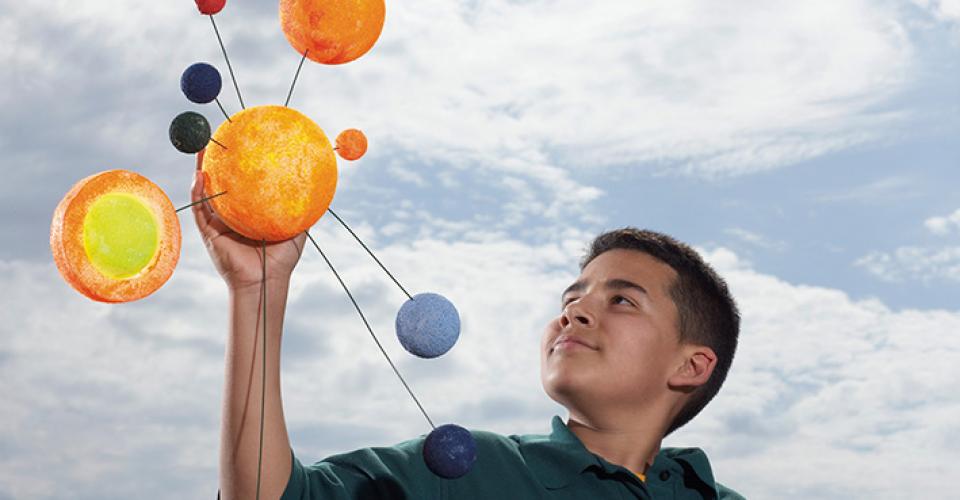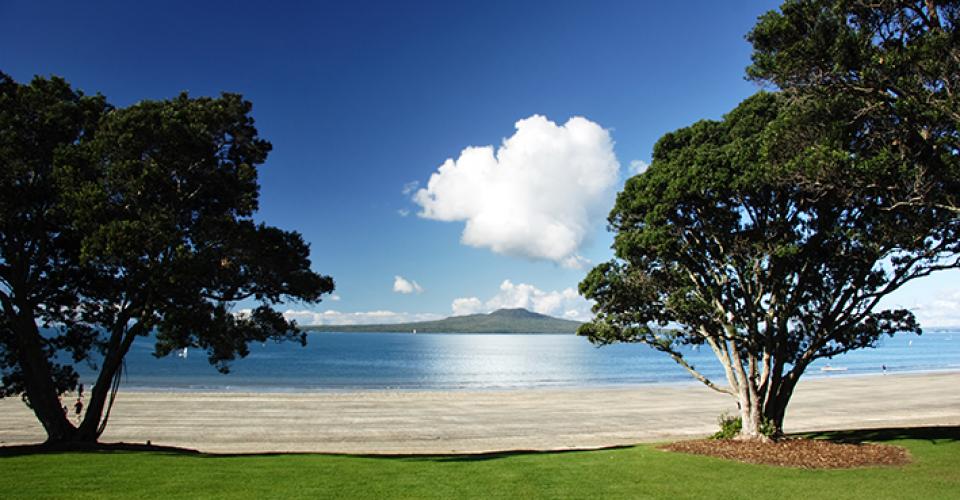Harnessing science to better feed the world
10/03/2014Dr Bruce Campbell of Plant & Food Research is passionate about building pathways for young people to enter science.
 How do you describe what you do?
How do you describe what you do?
I am the Chief Operating Officer of Plant & Food Research, leading around 600 scientists and business people managing our customer relationships. Plant & Food Research’s science is dedicated to helping the world to grow more and better food for current and future generations, with less impact on the environment.
Can you tell us about some of your career highlights?
I’ve worked in a number of different areas of plant science, such as ecology, biotechnology, and climate change. During my PhD in the UK, I studied how different plants evolved survival strategies so we can better understand and manage how plant communities function in the environment. I was chosen to present this research at the Royal Society in the UK, one of the oldest scientific institutions, and also won a Ministerial Science Award.
Later on in my career, I was asked to lead a global project to better understand and prepare for climate change impacts on grassland. I led a world-wide team of more than 300 scientists, and this really gave me a chance to connect with other scientists from all around the world.
In my role now, I have a real interest in building pathways for young people to enter science. One of the highlights of my year is our summer internship programme, when we host around 50 young tertiary students over the summer holidays. It’s really exciting to see the talent and potential of the future science workforce, and watch them develop their scientific and leadership skills over the three months they’re with us.
Were you always interested in science at school, and what was your academic path after school?
When I was at school, I wasn’t sure what I wanted to do as a career, and it was a bit daunting to have to decide. I was given the opportunity to get some work experience at a research station near New Plymouth, helping with research to develop new ways of growing plants and protecting them from pests and diseases. This really gave me a great insight into what scientists do, so when I went to university, I decided to do a degree in agricultural science, then went on to do a PhD in the UK.
How do you think your job might change over the next five or ten years?
There are some really big challenges for science and society in the future, and that will result in a change in my role and the Institute’s focus. The challenge of feeding a growing population will be more important – and the science to make sure there is enough healthy, nutritious food, produced sustainably and minimising wastage, will become more vital than ever. I think there is also a real need to encourage more young people into science, and ensuring there are opportunities for more talented school students to get into science and build worthwhile careers so we can meet the scientific needs of future generations. It’s increasingly important that scientists are globally connected and reflect all cultures, so right at the moment encouraging more Māori and Pasifika students into science in New Zealand is essential.
Read more about the work done by Plant and Food Research New Zealand here.
You can follow Bruce on Twitter @Dr_Campbell.
You might also like to read:
- To the Ice
- Gene editing - a train coming down the track
- The gene editing future is here - Royal Society NZ panel formed
- The future of farming - teachers learn about agriculture careers
- The exponential generation - student workshops look to the future
- Network of inspiration: Assoc. for Women in Science

























Post your comment
Comments
No one has commented on this page yet.
RSS feed for comments on this page | RSS feed for all comments